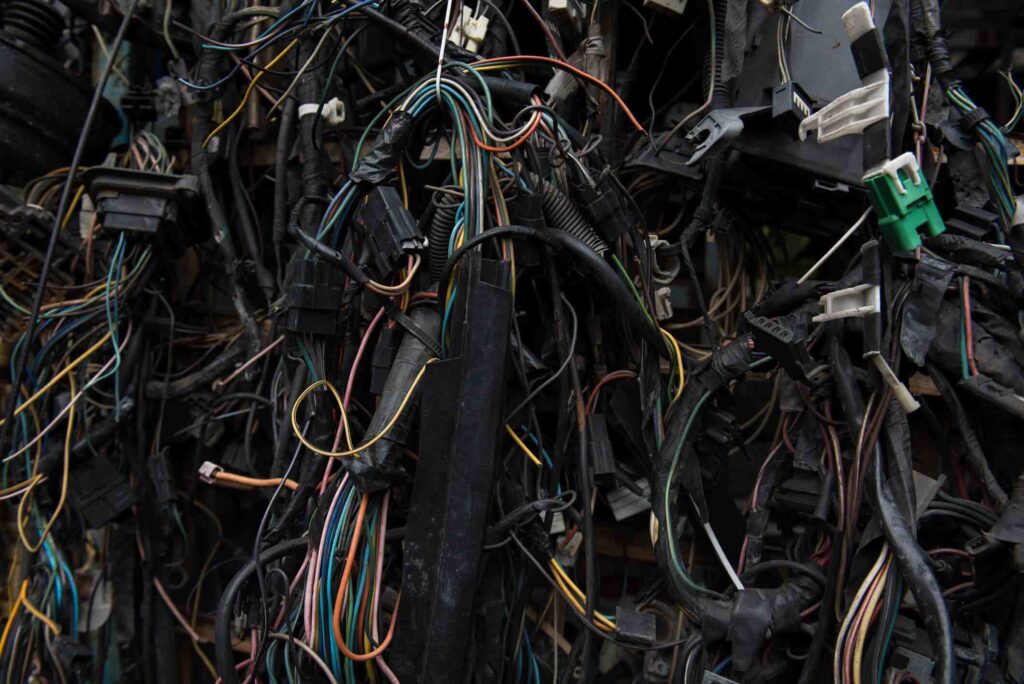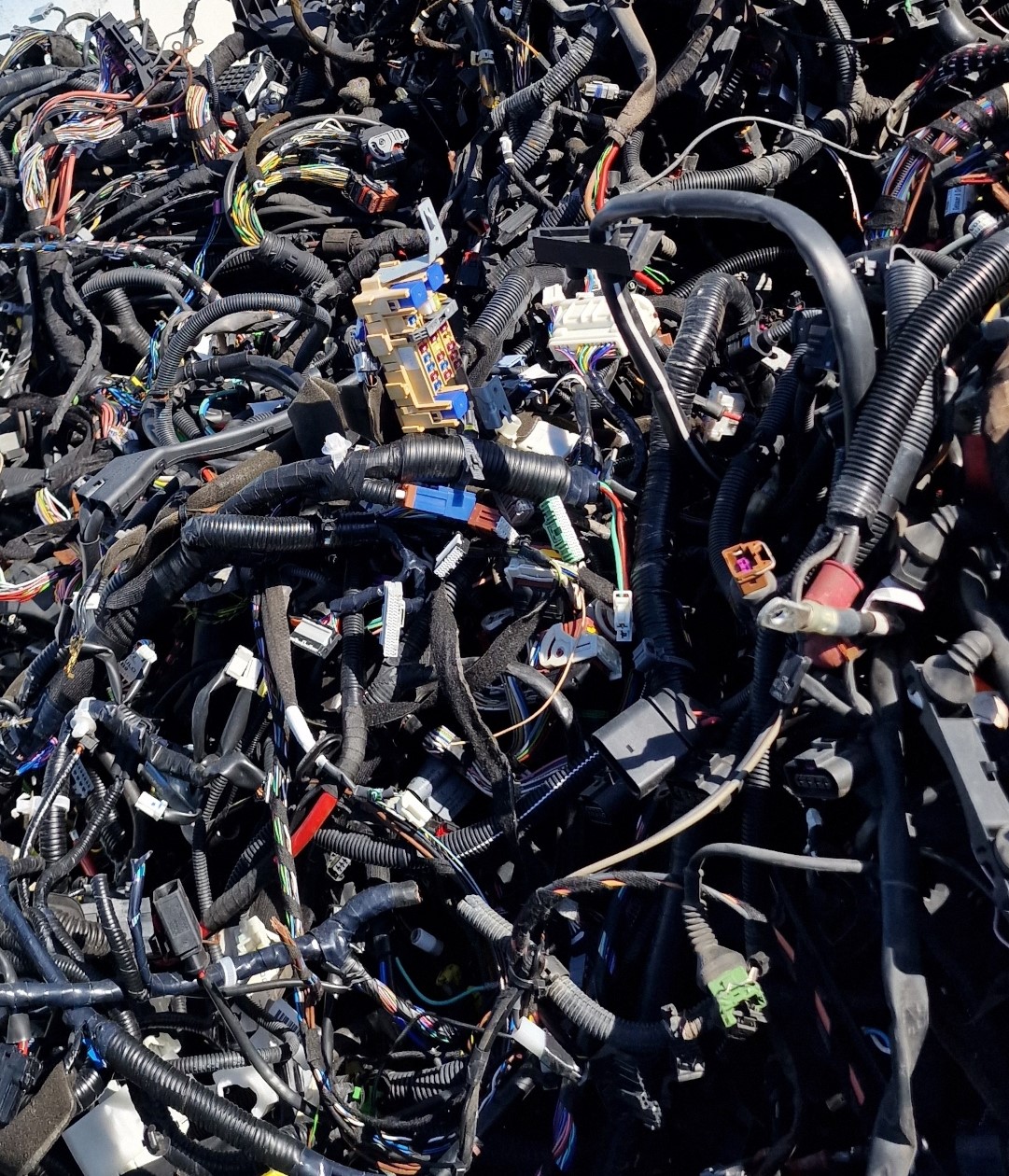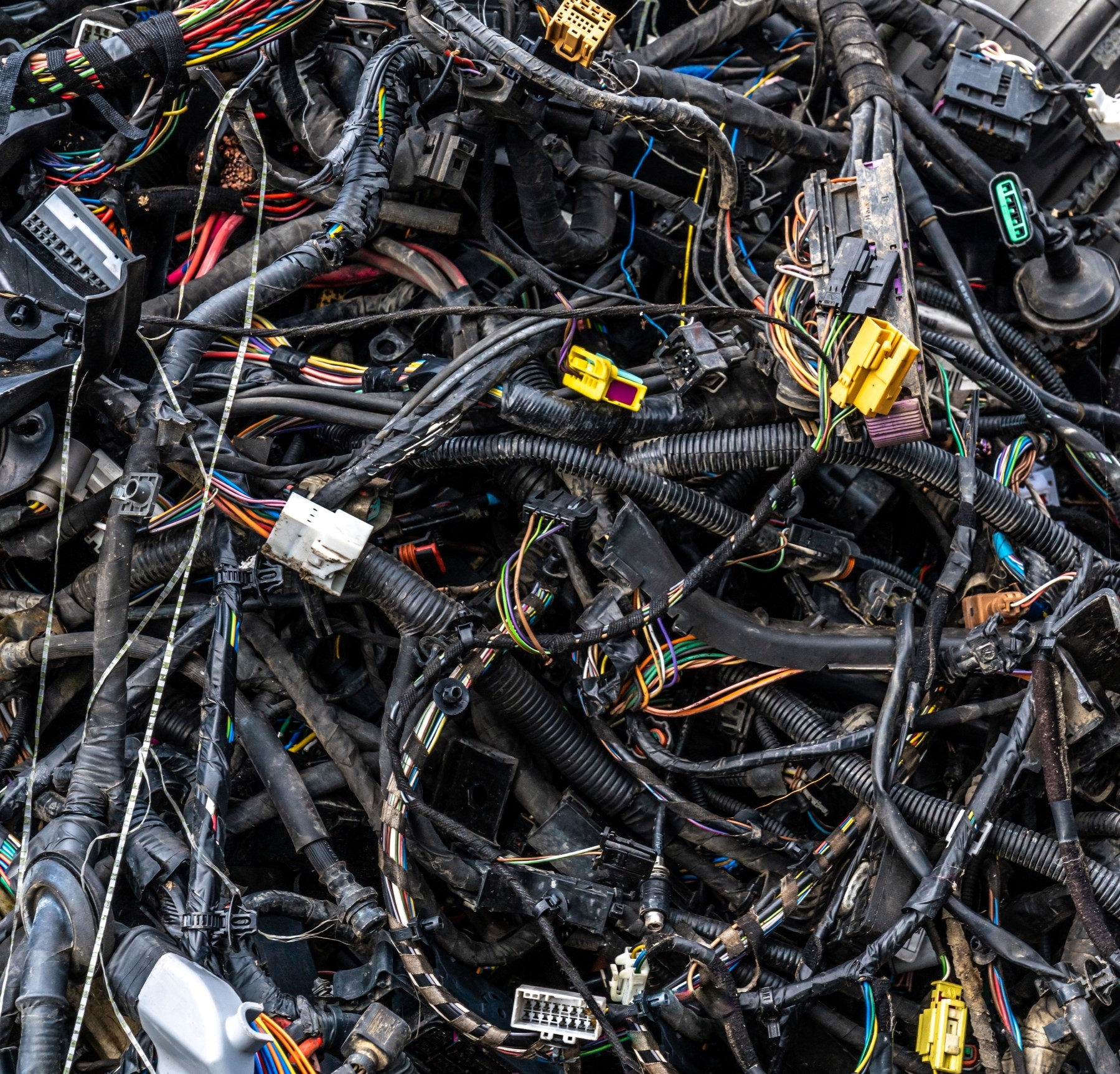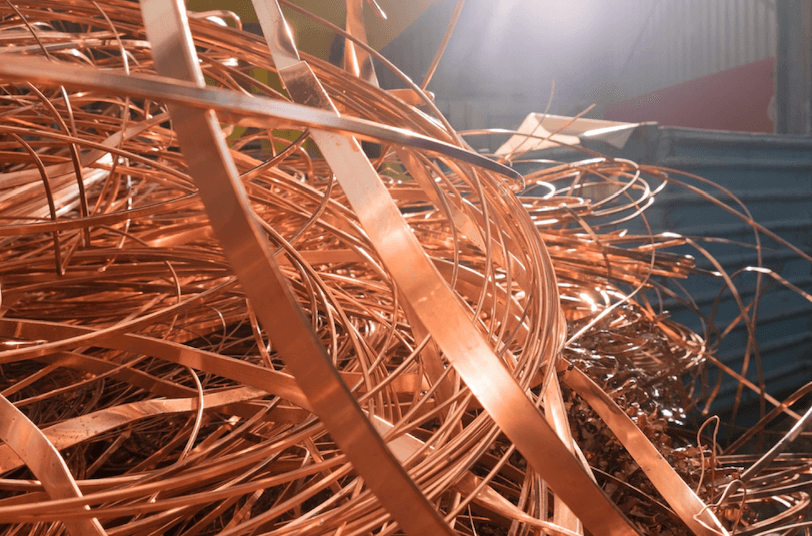1. Where can I find the prices for scrap non-ferrous metals?
The prices for scrap non-ferrous metals like copper and brass can fluctuate based on factors such as market demand, purity of the metal, and volume. To obtain the most current and accurate pricing for your specific non-ferrous scrap metal, it’s recommended to contact us – specialized recycling facility. You can inquire about the rates for your particular type and quantity of scrap metal.
2. Where to sell scrap metal near me?
To sell scrap metal near you, consider contacting us, a specialized recycling facility that handles non-ferrous scrap metal. You can find our facilities in Dunfermline, Gateshead, Leeds, Stone, St. Albans, and Dublin. For more detailed contact information, you can visit the website’s contact page or directly reach out to us. We offer competitive pricing and adhere to environmental best practices, making us a reliable option for your scrap metal recycling needs.
3. What scrap metal are you not recycling?
We do not recycle ferrous metals such as iron and steel. Our focus is primarily on non-ferrous metals like copper and brass. Ferrous metals require a different set of processing equipment and methods due to their magnetic properties. If you have ferrous metal waste, it’s advisable to seek out specialized facilities that handle these types of metals for recycling. For non-ferrous scrap metal – contact us.
4. Since when are you operating?
Blancomet Recycling UK Limited was registered in August 2009. Since the incorporation we have found many partners and suppliers in countries from all over the world. 5. What are your core values? At Blancomet, we are deeply committed to environmental care and sustainability, in addition to our focus on social and ethical responsibilities.
5. What are your core values?
At Blancomet, we are deeply committed to environmental care and sustainability, in addition to our focus on social and ethical responsibilities.
6. What does copper cable recycling involve at Blancomet?
At Blancomet, copper cable recycling is a process where we efficiently reclaim copper from discarded cables. We use eco-friendly techniques to ensure that this valuable resource is recycled sustainably, contributing to environmental conservation.
7. How do you manage different types of scrap copper?
We recycle various types of scrap copper, including scrap oily copper, scrap greasy copper, scrap burnt copper wires, and scrap oxy copper. Our specialized processes ensure that each type is treated appropriately for maximum resource recovery.
8. Can I recycle mixed brass and scrap brass with Blancomet?
Absolutely! We accept and recycle mixed brass and scrap brass. Our state-of-the-art recycling processes enable us to efficiently handle these materials, supporting metal resource sustainability.
9. What are Blancomet’s options for scrap copper pipes and cables?
We offer comprehensive recycling services for scrap copper pipes and scrap copper cable. Utilizing advanced recycling techniques, we ensure that these materials are processed responsibly and efficiently.
10. How do you approach recycling scrap lead, like roof lead?
We specialize in recycling Scrap roof lead and other lead materials, focusing on reducing environmental harm and encouraging the reuse of these resources.
11. Does Blancomet recycle scrap alloy materials like cables and rods?
We are proficient in recycling scrap alloy materials, including cables and rods, ensuring that these resources are efficiently reused in line with our sustainability goals.






